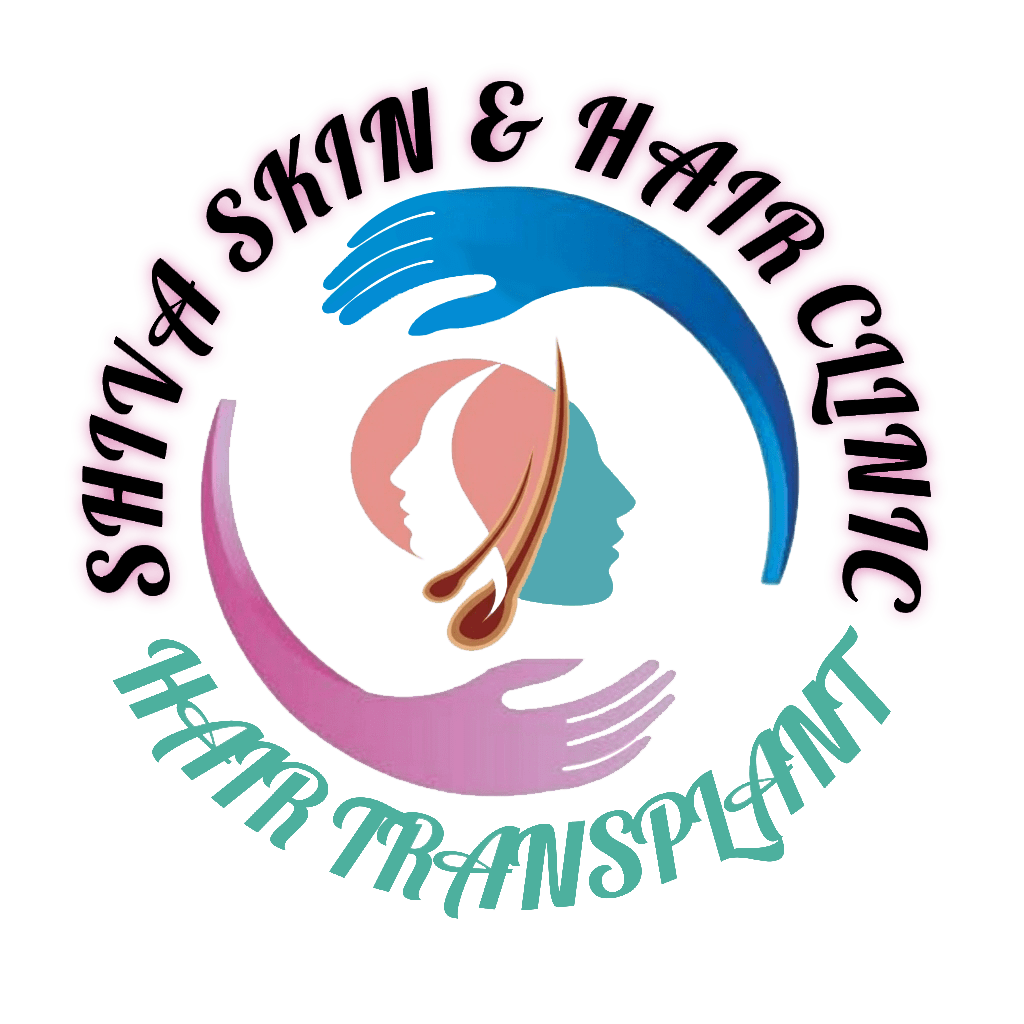Chicken Pox
Skin Treatments
Other Treatments
Have Any Question?
In case you wish to avail of the services from Dr. Shailesh Singh you could contact him via the following means
Request a Call Back

What is varicella?
- Varicella is also known as chicken pox. It is a viral infection caused by varicella-zoster virus.
- Varicella can occur at any age (more common in children) and is more frequently seen during seasonal change.
How can one get varicella?
Varicella is an infectious disease which is transmitted by nasal droplets during the act of sneezing or coughing.
How does the infection spread?
Varicella is a highly contagious disease. Once a person is affected, the chances of his family members getting affected increase many fold.
How does varicella appear?
- At the onset, there may be mild to moderate fever for two days.
- The skin rash starts as small red bumps, which may be slightly itchy. They may be few or all over the body. Later they become filled with transparent fluid and some may be filled with pus. This stage last for 4 to 5 days, after which the lesion dry to form scabs or crusts. A person is infectious till the crust form.
- In people who have a poor immunity, the infection can be very severe, involving the liver, lungs and brain.
What should one do if he/she gets varicella?
Consult a physician/ dermatologist since it can be easily diagnosed by the clinical appearance of the lesion.
Are there tests to confirm the diagnosis of varicella?
- No laboratory tests are usually needed for diagnosis.
- Rarely, when the diagnosis is less certain, the doctor may spread the skin tissue and examine them under a microscope to confirm the diagnosis.
What is the treatment for varicella?
- Stay at home/hospital in isolation to prevent transmission.
- Take extra care if there is a pregnant women in the house.
- Maintain proper hygiene to prevent secondary bacterial infection.
- There is no dietary restriction.
- There is no restriction to taking a bath.
- In mild illness with fever and minimal skin rash, symptomatic oral medication such as paracetamol as per the treating physician advice and local application of soothing agent such as calamine may be sufficient.
- In widespread disease in adult and in order to shorten the episode, oral antivirals such as acyclovir are often administered. This need to be started as soon as possible, preferably in the first 72 hours.
- In people with poor immunity (HIV, cancer) admission to a hospital for intravenous medication is required.

